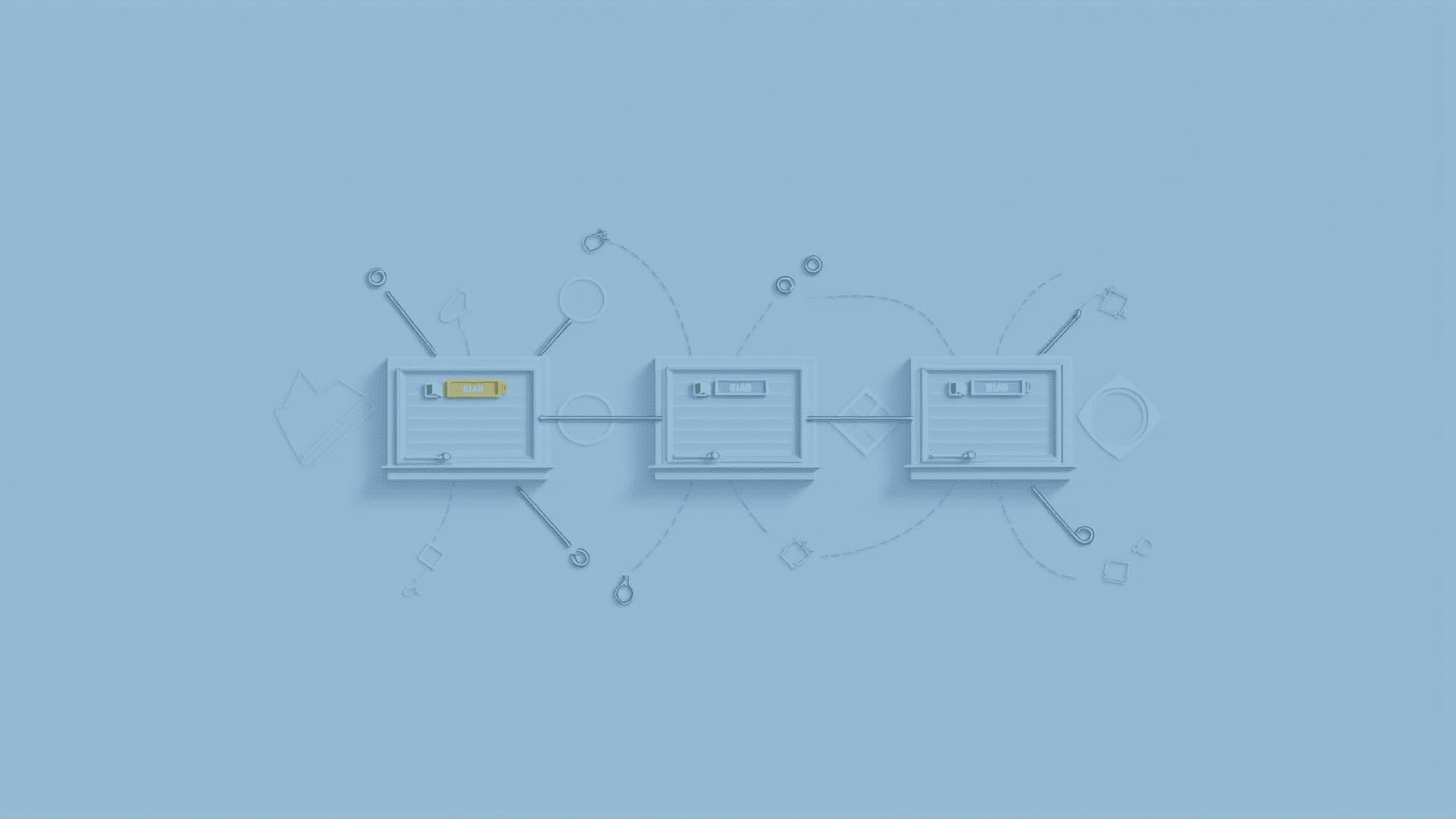Blockchain technology has rapidly emerged as a groundbreaking innovation, transforming industries with its unique capabilities. For newcomers, understanding these networks can be a daunting task, but gaining familiarity can unlock exciting possibilities.
At its core, a blockchain is a distributed digital ledger. Unlike traditional record-keeping systems, it doesn't rely on a central authority. Instead, it operates across a network of computers, all of which have equal authority. This decentralized structure is pivotal, as it ensures that no single entity holds control, enhancing transparency and trust within the system.
One of the key features of blockchain networks is their ability to record transactions securely. Each transaction is bundled with others into a "block," cryptographically linked to all previous blocks, forming a chain. This architecture ensures that information remains tamper-proof, once recorded. As a result, all participants have access to a consistent and unchangeable record of events.
The transparency and security offered by blockchain technology have led to its adoption across various fields. Industries that require robust data protection and a high degree of trust can especially benefit from this technology. Moreover, blockchain's capacity to streamline processes, reduce errors, and facilitate smooth interactions between participants can enhance efficiency significantly.
Another interesting aspect is the concept of smart contracts, which are self-executing agreements coded to trigger actions when specific conditions are met. These contracts can automate tasks that usually require intermediaries, offering a new way to conduct arrangements and thus saving time and resources.
For those looking to explore blockchain networks further, it is essential to understand its terminology. Concepts such as nodes, mining (generating new blocks and verifying transactions), and consensus mechanisms (methods of validating information within the network) are fundamental to grasping the full picture.
While the potential of blockchain networks is immense, it's vital to approach this technology with an analytical mindset. As with any innovation, challenges such as scalability, energy consumption, and regulatory considerations must be addressed. Therefore, continuous learning and adaptability are crucial for anyone venturing into the world of blockchain.
In summary, blockchain networks offer a transparent, secure, and efficient method to record and verify data across various applications. As industries continue to integrate these systems, keeping abreast of developments and understanding the underlying principles will be invaluable for anyone seeking to leverage this transformative technology.
